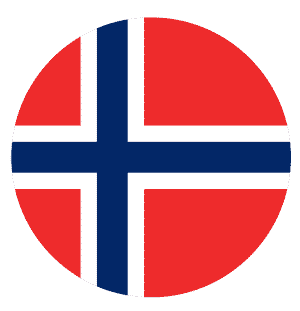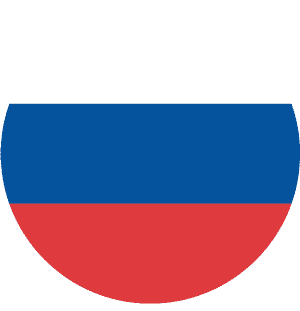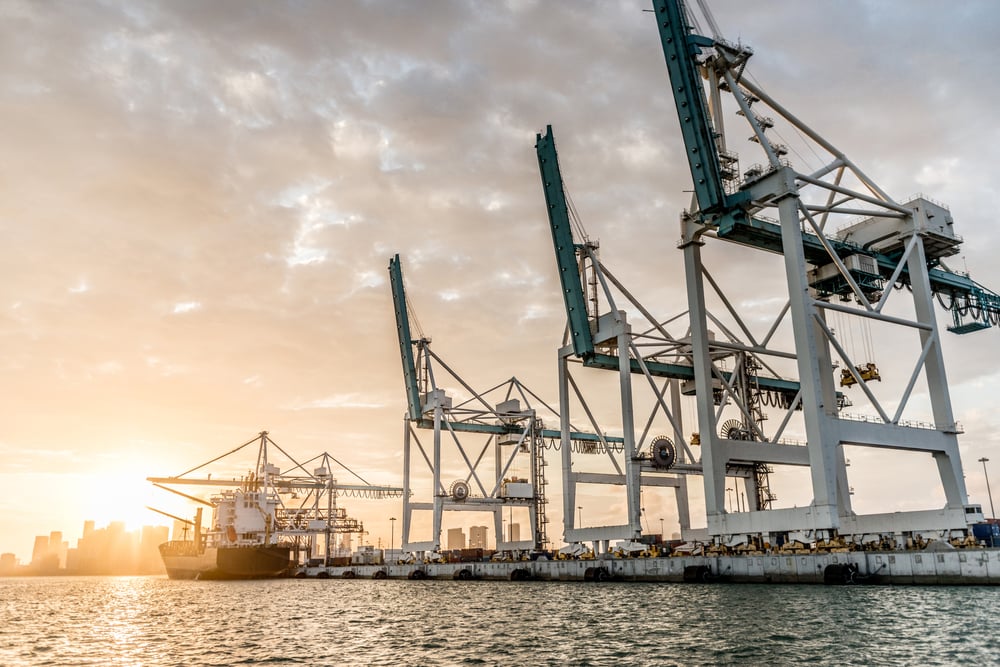The Mintec Benchmark Prices for Turkish sultanas have risen 4% since the start of the year to $2,590/MT for standard type 9 sultanas (fob Turkey) in the week ending 26th January. This follows relatively steady market conditions in December. “All of that cheaper TMO stock moved through the system. Enquiries are now coming through, but growers are reluctant to sell,” a UK-based trader said in mid-January.
In November last year, the International Nut and Dried Fruit Council (INC) published its second estimate for Turkey’s 2023/24 dried grape campaign, pegging the size of the crop at 206,000 tonnes, significantly lower than the earlier projected 310,000 tonnes and a decrease of 36% compared to 2022/23, following heavy rains in May and June in Turkey’s key western growing areas, damaging production yields. The supply scarcity and buying pressures have driven the market since then.
The sharp rise in prices between August and November last year took many people by surprise and buyers have been hoping for the market to stabilise at lower levels before taking additional cover. However, this has not materialised except for a brief dip in pricing in December.
Amid the firming market, European traders noted challenging conditions with regard to sourcing sufficient sultana volumes for the ongoing tenders. “It is hard to get volumes for tenders,” a UK trader said. “Sellers are less inclined to offer. Factories do not have many orders, but also not enough material. There is pressure from high interest rates, higher wages but also fundamentals; it is hard to get the material,” another UK trader added. “We have been working on a tender, but our main supplier refused to give us an offer,” a German trader commented in the third week of January.
In addition to the short crop, packers in Turkey have to factor in the high interest rates and ever-rising wages. On 25th January, the Turkish central bank hiked its key one-week repo rate by 2.5% to 45%, while the minimum wage was lifted by 49% in January as the government tries to adjust earnings in response to the soaring inflation. “Interest rates are high, and the minimum wage has just increased by 49%. Raw material costs have also been moving up. We are working with higher production costs,” a large Turkish packer noted. “Turkish factories do not want to finance crop purchases. They will only buy if they have a sale on it,” a dealer added.
Buyers are now looking towards Southern Hemisphere crops which they hope can fill in some of the supply gap left by Turkey. South Africa is reportedly on track for a good crop this year, in excess of 80,000 tonnes, and sellers there have already published their early season offers.
“There are buyers who are short and need to book, but I am not sure South Africa can meet the demand,” a European trader said. “South Africa did 6,000-7,000 tonnes of sultanas last year, and even if they double that, that will still not be enough. The major concern is the running crop; there will be no availability until August or September for the new crop,” an exporter said.
On the demand side, Turkey exported 108,600 tonnes of dried grapes between 1st September 2023 and 27th January 2024, a decline of 5% y-o-y, according to the data from The Aegean Exporters’ Association. In January alone, exports totalled 15,300 tonnes compared to last year’s 16,260 tonnes (-6% y-o-y).

.png?width=145&height=54&name=Mintec_Logo_Small_Use_Mono_RGB%20(2).png)


















